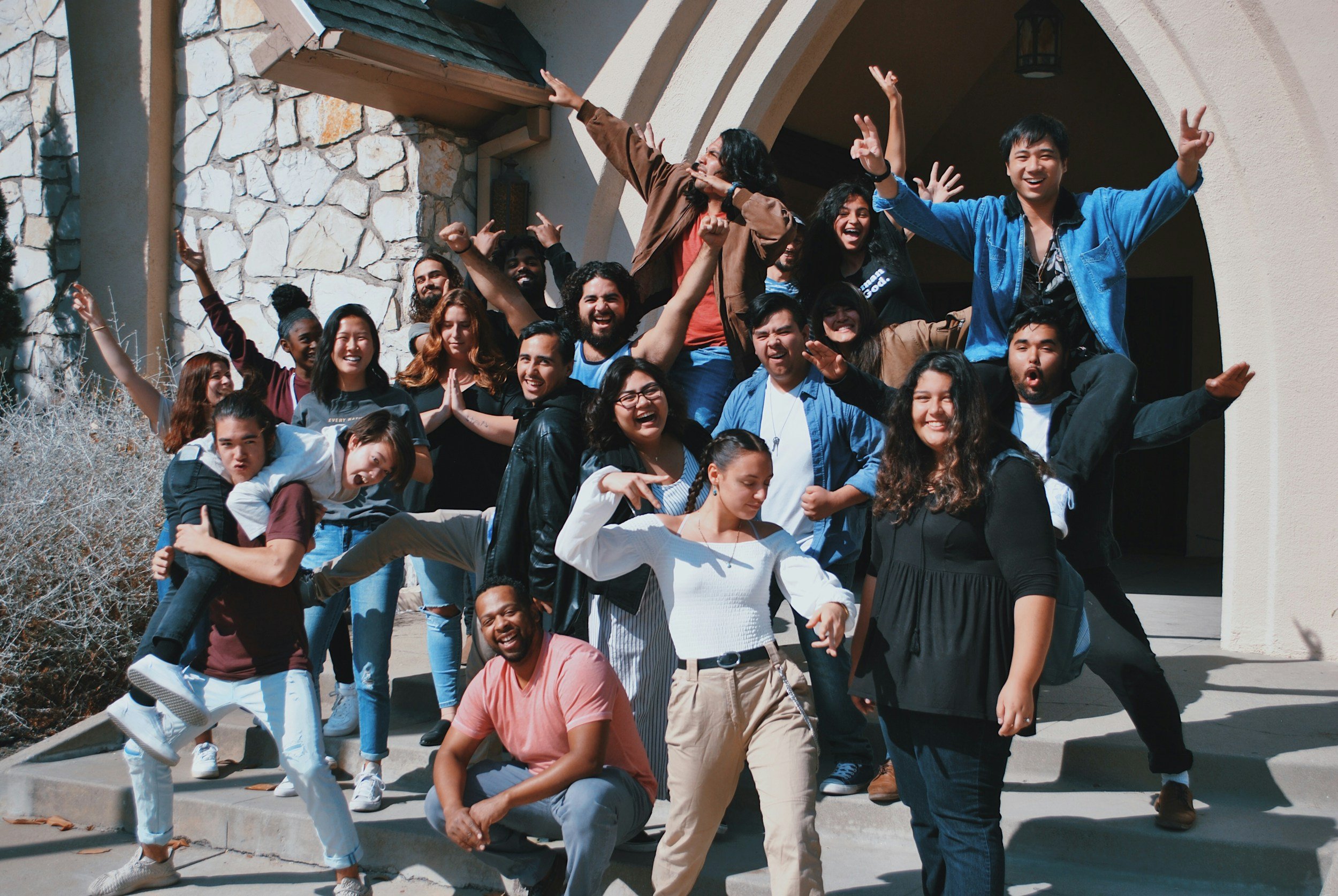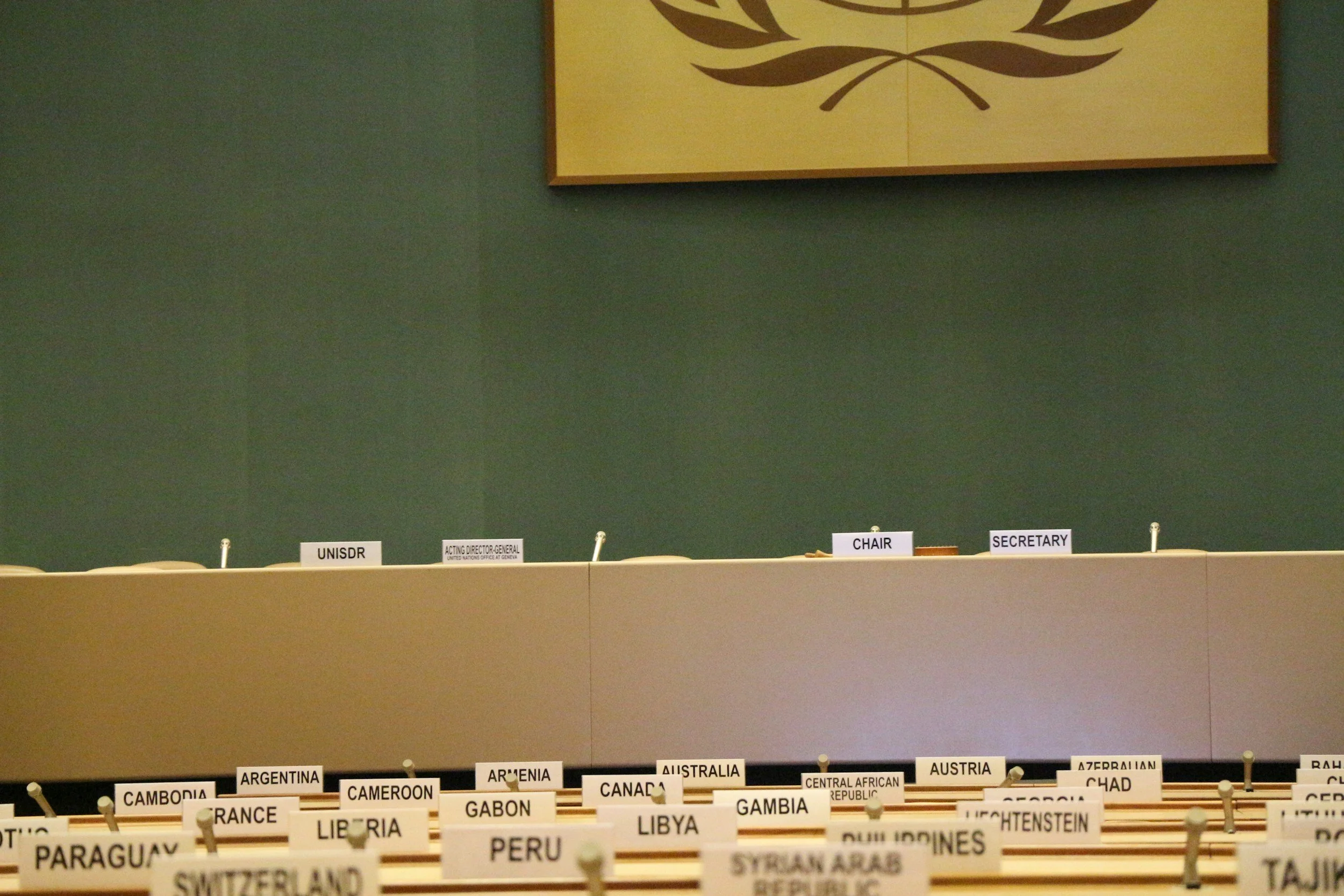
What is Security?
Project Overview
Security is an essential yet multifaceted concept that affects individual lives, community interactions, and global stability. While “security” is often framed in military or state-centric terms, genuine security also encompasses economic stability, social cohesion, environmental resilience, and personal safety. This project critically examines how different interpretations and implementations of security impact peacebuilding, conflict resolution, and human well-being.
Why It Matters
A nuanced understanding of security is crucial for building stable, peaceful, and prosperous societies. Misconceptions or overly narrow views of security can result in misguided policies and interventions that inadvertently perpetuate conflict or inequality. By broadening how we conceptualize security, this project seeks to help address root causes of instability, improve preventive diplomacy, and foster conditions conducive to sustainable peace and prosperity.
Key Questions
• How do different definitions of security shape policy-making and international cooperation?
• How might expanding the concept of security help address modern threats like climate change, cyber threats, and social injustice?
• What happens when certain dimensions of security (military, economic, human, etc.) are prioritized over others in conflict-affected societies?
• How can diverse stakeholders—states, communities, NGOs—collaborate effectively to develop comprehensive security strategies?
Get Involved
We invite researchers, policymakers, security specialists, and community leaders to join this important inquiry. By engaging with the question “What is Security?”, you can help redefine and enrich our collective understanding of this fundamental concept. Together, we can work toward a future in which security is inclusive, adaptive, and aligned with contemporary global realities.
Research Approach
Our approach is grounded in rigorous interdisciplinary inquiry with a practical orientation. We are:
• Comparing security frameworks: Analyzing how different cultures, political systems, and policy regimes define and pursue security, in order to identify best practices and gaps.
• Integrating security perspectives: Formulating a holistic approach that brings together military, economic, human, and environmental dimensions of security to tackle today’s challenges comprehensively.
• Engaging stakeholders and collaboration models: Studying effective models of collaboration among states, international organizations, civil society, and local communities to improve collective security outcomes.
Potential Impact
By broadening and clarifying the concept of security, this research aims to:
• Improve policy development: Offer policymakers frameworks and insights to craft balanced, inclusive, and forward-looking security strategies.
• Strengthen conflict prevention and resolution: Provide peacebuilders and conflict resolution practitioners with more nuanced tools to identify and address underlying insecurities that drive conflicts.
• Empower community resilience: Help local communities develop tailored security approaches that address their unique vulnerabilities and strengths, thereby fostering resilience and long-term stability.
Research Outputs
(Research under production)
Other Projects
Insights from our studies directly inform our advocacy initiatives and educational programs, ensuring theory translates into practice.
Contact us.
For more of our research or collaboration inquiries, feel free to contact our research team.




